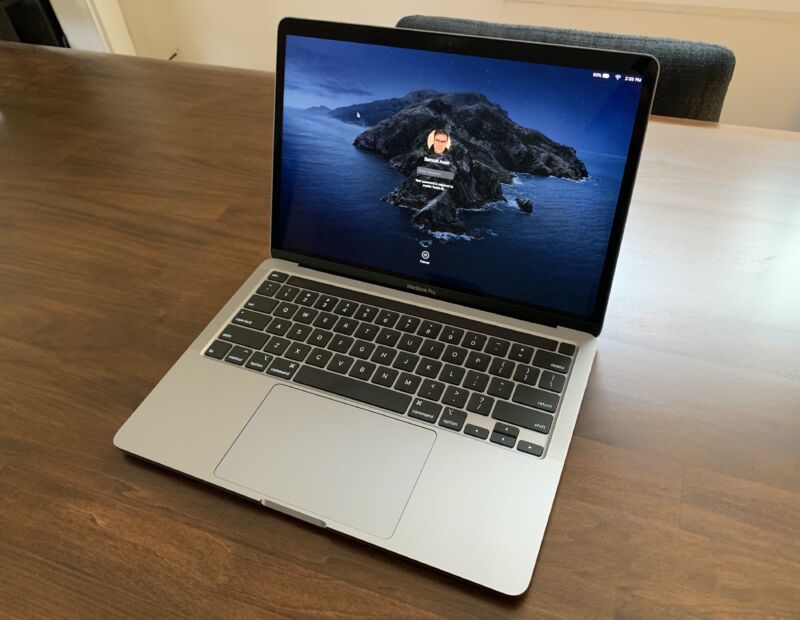
When Apple announced its plans to transition the Mac to its own, ARM-based silicon and away from the x86 architecture used in Intel Macs, the company listed a plethora of tools for making sure as many applications survive the shift as possible. But while it’s helpful that Apple is providing developer tools for adapting Intel Mac apps and virtualization tools for running the apps that won’t make the move right away, there’s one scenario Apple didn’t talk about at all during its keynote: running Windows natively on a Mac.
Presently, Apple offers a tool in macOS called Boot Camp that facilitates the installation of Windows on another drive or partition, right from macOS. It includes drivers and other boons that make the process a lot simpler than it might be otherwise. Once users install Windows by this method, they’re running it natively on the machine just like they would on a Windows laptop from Dell or Lenovo.
While virtualization via tools like Parallels or VMWare are usually sufficient for running most Windows apps under macOS, there are some edge cases when the Boot Camp approach is the only option. One of the most common: running Windows PC games, which tend to run more optimally under Windows than they do under macOS, no matter how well done the ports are. (This is, in part, because the games were built with Windows in mind, and it’s also because Apple’s macOS video drivers emphasize different priorities.)
So what’s to come of Boot Camp in Big Sur, Apple’s next version of macOS? And will it be an option on Macs running Apple silicon—the first of which is expected to launch by the end of the year?
We’ve learned that Boot Camp will not work on Apple silicon-based Macs. This will surely be a surprise to almost no one, of course. You can’t expect to just run a game natively out of the box on a totally different architecture.
However, Boot Camp will continue to be supported on Intel-based Macs in macOS 11 Big Sur. And while Apple says the transition to Apple silicon from Intel will take about two years, Apple has said that it still has plans to launch new Intel-based Macs that have not even been announced yet. The company also committed to some form of long-term support for Intel Macs.
We don’t know the fate of Boot Camp beyond Big Sur, but it looks like it’s not going anywhere in the immediate future—not if you’re using an Intel Mac, anyway. Boot Camp won’t be an option for you if you buy an Apple silicon Mac—but you probably figured that already. Still, clarification is nice to have, so here it is.
https://arstechnica.com/?p=1687087

